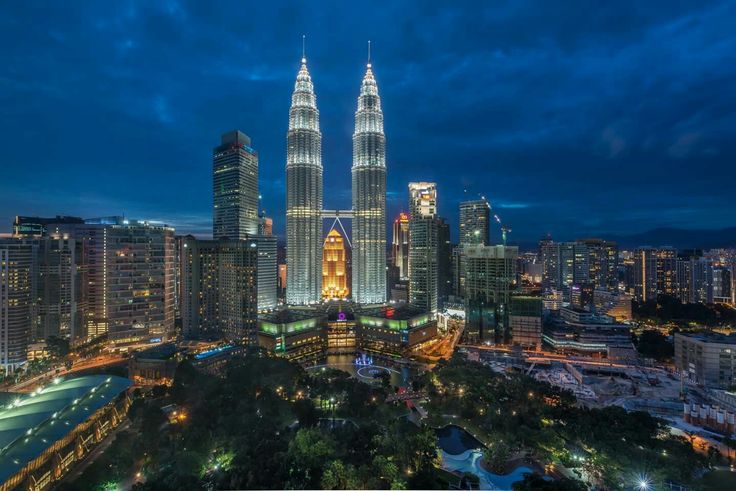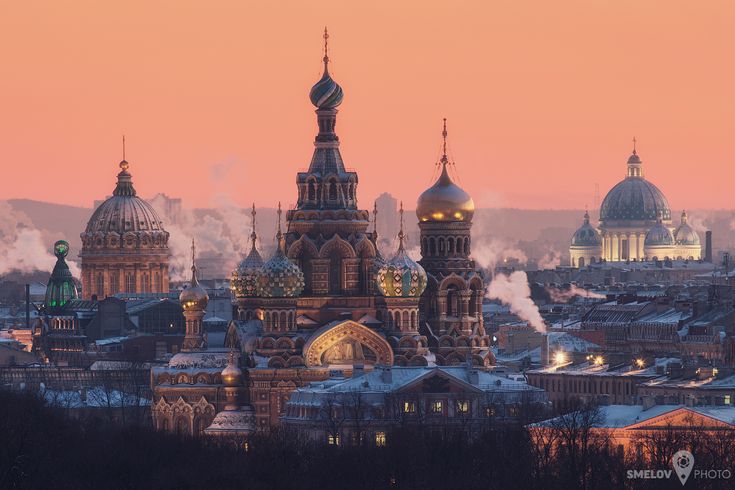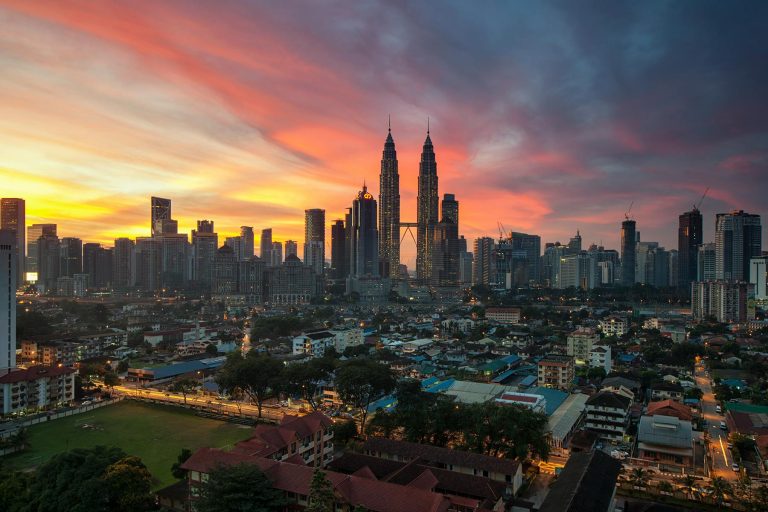Malaysia, known for its diverse culture, stunning landscapes, and vibrant cities, is an attractive destination for those looking to relocate. As a Nigerian considering a move to Malaysia, this guide will help you understand why Malaysia is an excellent choice, estimate the cost of living, navigate the different types of relocation visas, and prepare for life in Malaysia.
Reasons to Relocate to Malaysia
- Economic Opportunities: Malaysia boasts a growing economy with opportunities in various sectors such as technology, finance, education, and healthcare.
- Quality of Life: Malaysia offers a high quality of life with affordable healthcare, modern infrastructure, and excellent public services.
- Cultural Diversity: Malaysia is a melting pot of cultures, including Malay, Chinese, Indian, and indigenous groups, providing a rich and diverse living experience.
- Educational Opportunities: Malaysia is home to several reputable universities and international schools, making it a great destination for families with children.
- Natural Beauty: From pristine beaches and tropical rainforests to bustling cities and historic sites, Malaysia offers a wide range of natural and urban attractions.
Estimating the Cost of Living
The cost of living in Malaysia is generally lower compared to many Western countries. Here are some average monthly expenses:
Accommodation:
City center apartment (1 bedroom): MYR 1,500 – MYR 3,000
Suburban apartment (1 bedroom): MYR 1,000 – MYR 2,000
- Utilities (electricity, heating, cooling, water, garbage): MYR 150 – MYR 300
- Internet: MYR 100 – MYR 150
- Groceries: MYR 500 – MYR 1,000
Dining out:
Inexpensive restaurant: MYR 10 – MYR 20 per meal
Mid-range restaurant (three-course meal for two): MYR 70 – MYR 150
Transportation:
Public transport pass: MYR 100 – MYR 200
Taxi (per km): MYR 1.50 – MYR 3.00
Types of Relocation Visas and Application Processes
Employment Pass
- Eligibility: Professionals with a job offer from a Malaysian company.
- Application Process:
- Employer submits an application to the Expatriate Services Division (ESD) or MYXpats Centre.
- Approval letter issued by the Immigration Department.
- Applicant applies for a Visa with Reference (VDR) at the Malaysian embassy in Nigeria.
- Upon arrival in Malaysia, applicant collects the Employment Pass.
- Validity: 1-5 years, renewable.
Malaysia My Second Home (MM2H)
- Eligibility: Foreign nationals who meet financial and medical requirements.
- Application Process:
- Submit application with required documents (financial statements, medical reports, etc.).
- Approval by the Ministry of Tourism, Arts and Culture.
- Obtain MM2H visa from the Malaysian embassy in Nigeria.
- Validity: 10 years, renewable.
Student Pass
- Eligibility: Individuals accepted into a Malaysian educational institution.
- Application Process:
- Educational institution submits an application to the Education Malaysia Global Services (EMGS).
- Applicant applies for a Single Entry Visa (SEV) at the Malaysian embassy in Nigeria.
- Upon arrival, applicant collects the Student Pass.
- Validity: Duration of the study program, renewable.
Dependent Pass
- Eligibility: Spouses and children of Employment Pass holders.
- Application Process:
- Employment Pass holder’s employer submits an application for the Dependent Pass.
- Obtain Visa with Reference (VDR) at the Malaysian embassy in Nigeria.
- Upon arrival, dependents collect the Dependent Pass.
- Validity: Matches the validity of the primary Employment Pass holder’s pass.
What to Expect as a Nigerian Relocating to Malaysia
- Cultural Adjustment: Malaysia’s diverse cultural landscape may require some adjustment, but the welcoming nature of its people eases the transition.
- Language: While Malay is the national language, English is widely spoken, especially in business and educational settings.
- Weather: Malaysia has a tropical climate, with warm temperatures and high humidity year-round. Be prepared for frequent rain, especially during the monsoon seasons.
- Community: There is a growing Nigerian community in Malaysia, providing a support network for newcomers. Engaging with local and expatriate communities can help ease the transition.
- Food: Malaysian cuisine is diverse and delicious, with influences from Malay, Chinese, Indian, and indigenous cultures. Exploring local food can be an exciting part of your relocation experience.
Relocating to Malaysia offers a wealth of opportunities and experiences. By understanding the visa processes, estimating living costs, and preparing for cultural adjustments, you can make a smooth transition to your new life in this vibrant country.






Leave a Comment